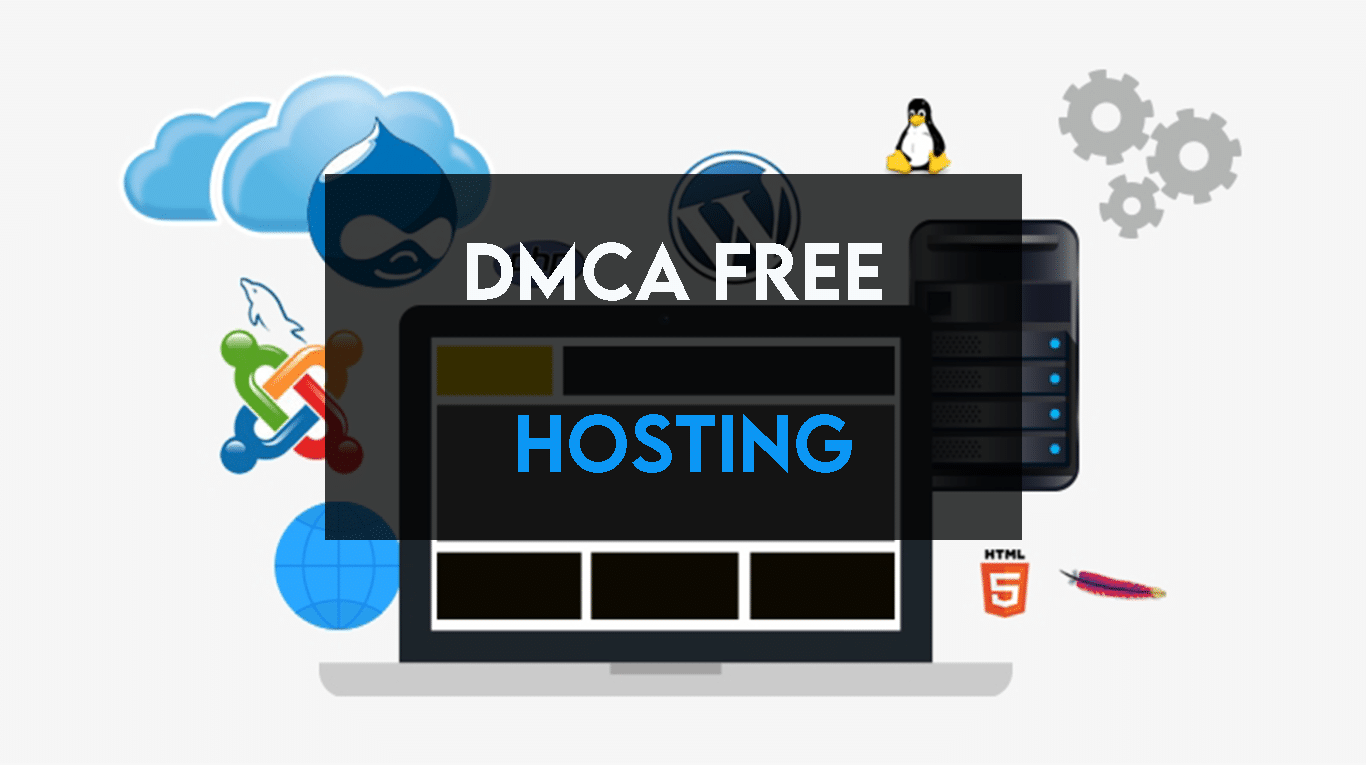
Table of Contents
Introduction
In today’s digital Web Hosting, having a strong online presence is essential for individuals and businesses alike. Whether you want to create a personal blog, an e-commerce store, or a corporate website, you’ll need a reliable web hosting service. This article will walk you through the ins and outs of web hosting, helping you understand its importance, types, factors to consider, and how it relates to SEO.
What is Web Hosting?
Definition
Web hosting refers to the process of storing website files on a server connected to the internet. It allows individuals and organizations to make their websites accessible to users worldwide. When you visit a website, your browser sends a request to the hosting server, which then retrieves and delivers the requested files to your device.
Importance
Web hosting plays a crucial role in ensuring your website’s availability, performance, and security. Choosing the right hosting provider can significantly impact your online presence and user experience. It provides you with the necessary infrastructure and resources to establish and maintain your website effectively.
Types of Web Hosting
There are several types of web hosting available, each catering to different needs and budgets. Let’s explore the most common ones:
Shared Hosting
Shared hosting is a cost-effective option where multiple websites share resources on a single server. It’s suitable for small websites with moderate traffic and limited resource requirements. While shared hosting is affordable, it may have limitations in terms of performance and scalability.
VPS Hosting
Virtual Private Server (VPS) hosting offers a higher level of control and resources compared to shared hosting. It involves partitioning a physical server into multiple virtual servers, providing dedicated resources to each website. VPS hosting is ideal for websites with growing traffic or specific customization needs.
Dedicated Hosting
Dedicated hosting provides exclusive use of an entire server for a single website. It offers maximum control, performance, and security. Dedicated hosting is recommended for high-traffic websites, large e-commerce platforms, or applications with intensive resource requirements.
Cloud Hosting
Cloud hosting utilizes a network of interconnected servers to host websites. It offers scalability and flexibility, allowing you to adjust resources according to your needs. With cloud hosting, your website is not reliant on a single server, making it more resilient to potential failures.
Factors to Consider
When selecting a web hosting provider, it’s crucial to consider the following factors:
Reliability
Ensure that the hosting provider offers reliable services with minimal downtime. A reliable hosting provider will have redundant systems and backup measures in place to prevent extended periods of website inaccessibility.
Performance
Website performance, including page loading speed, is crucial for user experience and search engine optimization. Look for a hosting provider that uses fast servers and optimized software to deliver excellent performance.
Security
Website security is of utmost importance to protect your data and visitors’ information. Choose a hosting provider that implements robust security measures, such as firewalls, regular backups, and SSL certificates.
Scalability
As your website grows, you’ll need a hosting provider that can accommodate increasing traffic and resource demands. Ensure that the hosting plans allow for easy scalability and offer options to upgrade or downgrade as needed.
Support
Prompt and reliable customer support is vital when facing technical issues or questions. Look for a hosting provider with 24/7 support through various channels, such as live chat, email, or phone.
Choosing the Right Web Hosting Provider
Selecting the right web hosting provider can be overwhelming with numerous options available. Here are some tips to help you make an informed decision:
- Determine your website’s requirements, including expected traffic, storage needs, and any specific software or scripts you plan to use.
- Research different hosting providers, read reviews, and compare their features, performance, and pricing.
- Consider the reputation and reliability of the hosting provider. Look for user testimonials and ratings to gauge customer satisfaction.
- Pay attention to the provider’s customer support options and response times. Ensure they offer assistance when you need it the most.
- Check for any additional features or value-added services, such as website builders, email hosting, or automated backups.
Setting Up a Website

Once you’ve chosen a web hosting provider, you’ll need to set up your website. Here’s a step-by-step guide:
Registering a Domain
Register a domain name that represents your website’s identity. Choose a domain registrar and follow their instructions to secure your desired domain.
Configuring DNS
Configure your domain’s DNS (Domain Name System) settings to point to your hosting provider’s servers. This step ensures that when users enter your domain in their browsers, they are directed to your website’s files.
Uploading Files
Upload your website’s files to the hosting server using FTP (File Transfer Protocol) or a file manager provided by your hosting control panel. Ensure all files are organized in the correct directories.
Testing and Launching
Before making your website live, thoroughly test its functionality and appearance. Check links, forms, and compatibility across different devices and browsers. Once you’re satisfied, launch your website for the world to see.
Web Hosting and SEO
Web hosting indirectly affects your website’s search engine optimization (SEO) efforts in several ways:
Site Speed
Fast-loading websites tend to rank higher in search engine results. Choosing a hosting provider with fast servers and optimized software can significantly improve your site’s loading speed, providing a better user experience and potentially boosting your SEO rankings.
Uptime
Search engines prefer websites that are consistently accessible. Reliable hosting providers with high uptime percentages ensure that your website remains available to visitors, enhancing its chances of ranking well in search engine results.
IP Address
The IP address associated with your hosting server can influence your website’s SEO. If your hosting provider shares the server’s IP address with spammy or blacklisted websites, it can negatively impact your SEO rankings. Opt for a hosting provider with a good IP reputation.
Conclusion
Web hosting is an integral part of establishing your online presence. By understanding the different types of hosting, factors to consider, and their impact on SEO, you can make informed decisions when choosing a hosting provider. Remember, reliability, performance, security, scalability, and support are key factors to prioritize. With the right web hosting, you can lay a solid foundation for a successful website.
FAQs
Q1: Can I change my web hosting provider later? Yes, you can transfer your website to a different hosting provider at any time. However, the process may involve some technical steps, such as migrating your website’s files and configuring DNS settings.
Q2: What is the difference between shared hosting and dedicated hosting? Shared hosting involves sharing server resources with multiple websites, while dedicated hosting provides exclusive use of an entire server for a single website. Shared hosting is more affordable but has limitations in terms of performance and customization.
Q3: Does web hosting include a domain name? Web hosting and domain registration are separate services. While some hosting providers offer domain registration, you can also register a domain with a specialized domain registrar.



